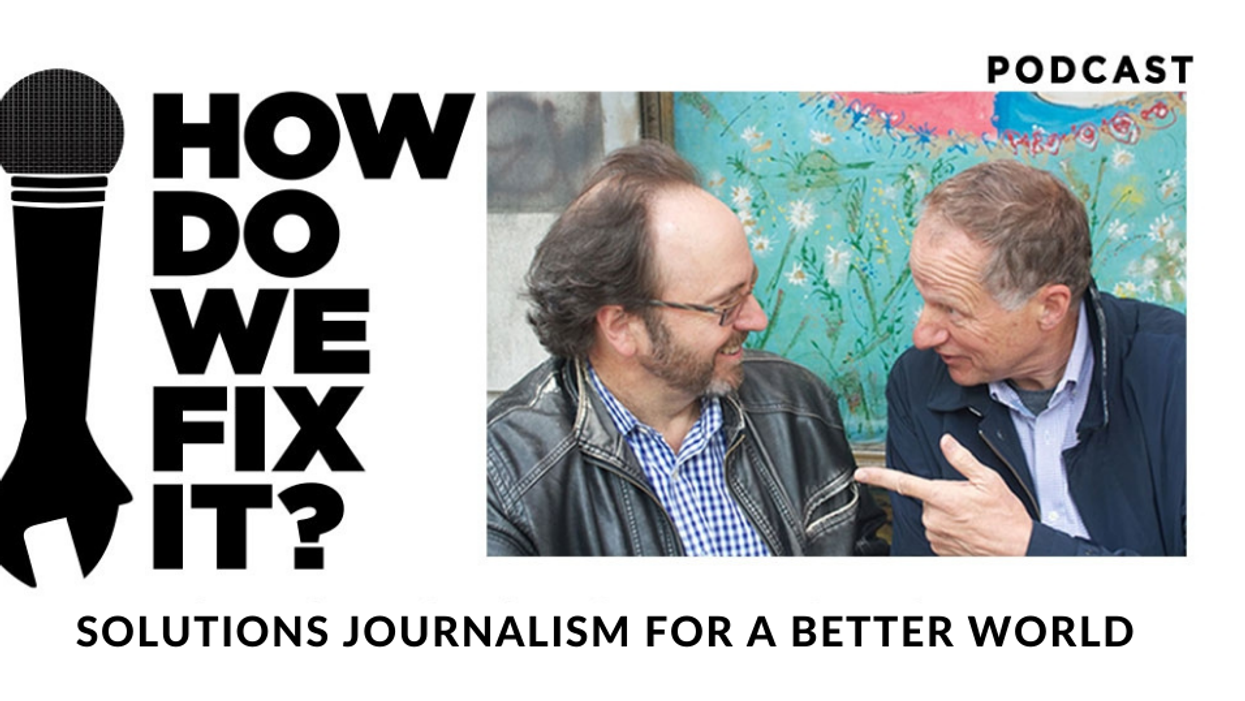From pandemics, populism and climate change, AI and ISIS, inflation and growing tensions with China and Russia, we are faced with enormous challenges— some of which threaten our existence. In this episode of “How Do We Fix It”, hosts Jim Meigs and Richard Davies discuss how we are all influenced by our personal perspectives and prejudices— our frames— and how we can use mental models to see patterns, solve problems and go beyond a narrow lens of red vs. blue or "us" vs. "them."
This episode’s guests are Kenneth Cukier, deputy executive editor of "The Economist", and Francis de Véricourt, professor of management science at the European School of Management and Technology in Berlin. Both are co-authors of "Framers. Human Advantage in an Age of Technology and Turmoil." This innovative book shows how framing is not just a way to improve decision-making in an age of algorithms and machine learning, but also a matter for survival at a time of upheaval.
Real-world examples of how framers changed the world include: The rapid rise of #MeToo, which went viral on Twitter after the actress Alyssa Milano tweeted a request to her followers: “If you’ve been sexually harassed or assaulted write ‘me too’ as a reply to this tweet.” Successful, innovative responses to Covid-19 were made by the governments of New Zealand and Taiwan. Recently, the Federal Reserve was forced to change its inflation frame before beginning a series of interest rate hikes.




















Trump & Hegseth gave Mark Kelly a huge 2028 gift